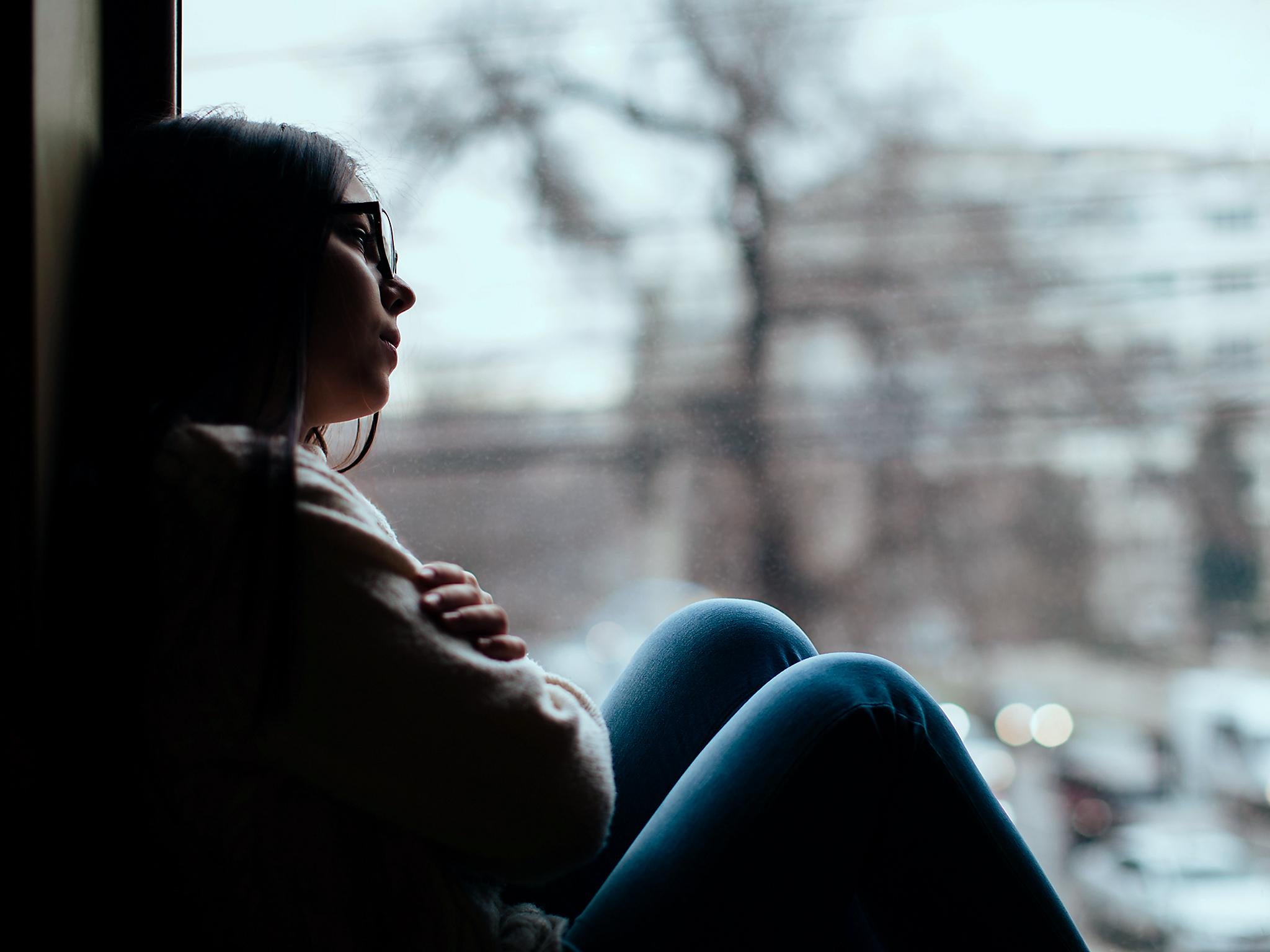Young girls are self-harming at alarming rates – and it's time we stopped blaming it on body image
We must not bury our heads in the sand any longer. Violence and abuse are significant drivers of poor mental health among women and girls – we need to ensure support is there to help them

It is extremely disturbing, but unfortunately not surprising, that so many teenage girls are self-harming.
New statistics showing that a quarter of 14 year old girls have deliberately hurt themselves add to a growing body of evidence that there is a mental health crisis among young women and girls. We already know that depression is common and even post traumatic stress disorder (PTSD), which is associated with experiencing life-threatening incidents, is at alarming rates.
But while body image, pressures at school and gender stereotypes are rightly given as possible explanations, they are not the full story.
The sexualisation of girls, the pressures they face around sex, and particularly the alarming levels of sexual and other forms of violence they experience need to be a key part of the conversation.
The sexual abuse and exploitation of girls remains widespread in our homes, on our streets and even in our schools.
More than half of women with a mental health problem have experienced some form of abuse, and for half of them that abuse started in childhood. Women who have experienced abuse are far more likely to self-harm than those who have not, and rate of self-harm increases as the extent of the violence and abuse they have experienced increases.
This is happening in the context of a culture that normalises violence and abuse against women and girls. While we see evidence that public awareness around domestic abuse is increasing, this is not always reflected in reality.
We have seen potentially abusive behaviours exhibited by young men on shows like Love Island, and a man who threatened to stab his ex-girlfriend was seen as an acceptable contestant on this year’s Celebrity Big Brother. While it may be seen as progress that these behaviours are being called out – what is most telling, is the fact that young women are the most at-risk group for domestic abuse, and rates remain stubbornly high.
We know vulnerable girls are being preyed on and exploited by gangs of men, which has a huge impact on their mental health. More widely, girls face sexual pressure from their peers as well, with the availability of porn impacting the way teenage boys behave. The rates of sexual harassment and violence in schools tell their own story.
We must tackle this pernicious culture, with more education about what a healthy relationship looks like and a broader conversation about sex, gender stereotypes and inequality.
So, it is not enough to blame body image and school pressures for the alarming trend in girls self-harming. We must not bury our heads in the sand any longer by ignoring the fact that violence and abuse are significant drivers of poor mental health among women and girls – and we need to ensure support is there to help them.
There is positive action being taken to address current gaps in women and girls’ mental health, like the Women’s Mental Health Taskforce in the Department of Health and Social Care, which is due to report in the autumn. But, in spite of this looming crisis, the government’s new children and young people’s green paper on mental health barely mentions girls and their specific needs and experiences. This highlights the need for a concerted effort from the top to recognise girls’ needs, understand them and respond to them appropriately.
Mental health services are under pressure and women and girls are increasingly unable to get the support they need, when they need it. It is vital we see investment in mental health support in schools and the community. This support should be trauma-informed, taking into account their needs and experiences, including the impact of violence and abuse.
We need to wake up to the impact of violence and abuse on young women and girls’ mental health and take action to prevent this situation getting worse. Only then can we put an end to the growing mental health crisis.
Jessica Southgate is policy manager at Agenda, a charity for at risk women and girls
Join our commenting forum
Join thought-provoking conversations, follow other Independent readers and see their replies
Comments
Bookmark popover
Removed from bookmarks